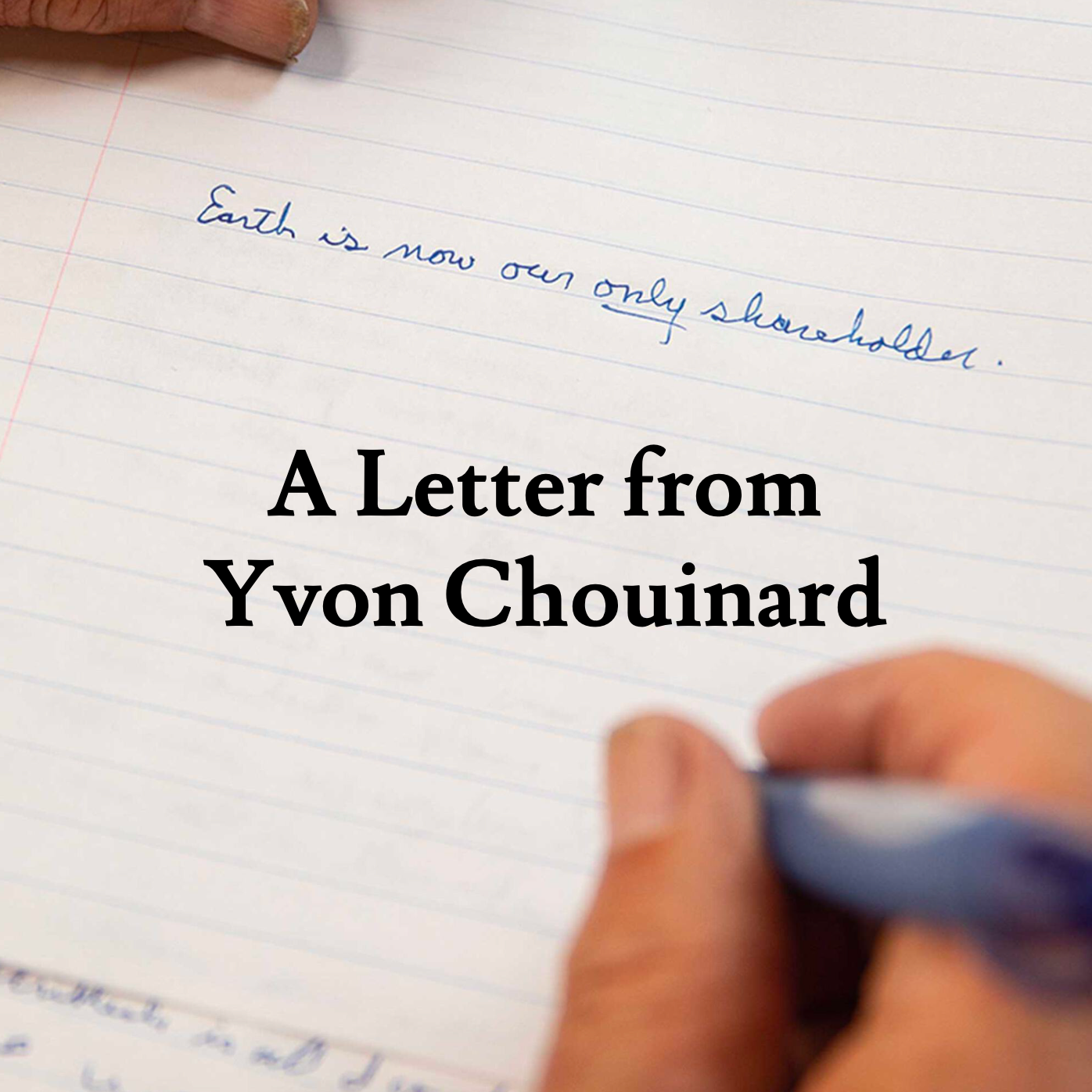“Plastic production is doubling roughly every 10 years. Before long, there’ll be more plastic in the ocean than there are fish,” explains Matt Dell, geo-scientist, surfer, frother and co-founder of the Cleanup. “Plastic doesn’t actually break down completely. It just gets smaller and smaller and smaller. It ends up in the stomachs of sea birds, marine mammals and fish.”
The rubbish comes from everywhere, swept into the sea from the gutters of faraway cities and along the great ocean currents that circumnavigate our planet. Eventually, a whole lot of it ends up washed ashore on this remote coastline – placing the ecological integrity of this spectacular wild place at risk, polluting ancient Aboriginal living sites, and endangering the lives of the wonderful winged and salty creatures that inhabit this special little corner of the world.
Over the past two decades, Team Clean have removed, counted and classified a whopping 711,055 items of rubbish from these remote beaches. 98% of this unfortunate haul is made of plastic.
“We’re noticing a big change in the makeup of the rubbish. We’ve already got most of the big stuff so now what we’re seeing is plastic that’s been breaking down over time, possibly even decades. Micro plastics are increasing as a percentage of what we find – there’s just a constant stream. If you wander along the tide line, you’ll find fresh ones washing up every single day,” says Matt.
Most of the beaches that we clean are accessible only by sea, via fishing boats and dinghies that are piloted by some of Tasmania's finest skippers. These legends generously volunteer their boats and their valuable time to make sure Team Clean can get in and out from shore safely.
“We do it because it’s a good cause. We do the Cleanup to raise awareness in the community and amongst our peers,” says Skipper Dave ‘The Wave’ Wyatt, a legendary waterman, surfer and cray fisherman, who co-founded the Cleanup with Matt. “One of the reasons I chose to become a water person and to live on the water was because I fell in love with surfing at an early age. I just figured this was a way to surf some breaks that no one else has been to and to discover some new places. It’s a pretty amazing coastline. There’s always something different, every time you come around. We just love to look after this place.”
The salty Cleanup crew is eccentric, brilliant, and diverse. There’s an architect and a sushi master, marine scientists and sculptors, electronics experts, doctors, teachers and expert abalone divers. We even have a Ranger in Charge. We all come from very different backgrounds, but we share a great love for our oceans and coastlines, and now a specialised skill set in extreme beach cleaning.
This year, we spent 10 days removing 95,304 items of rubbish. We know exactly how much, because every single night, after a long day’s work on the beach, the team painstakingly counts and classifies a mountain of trash on deck.


















